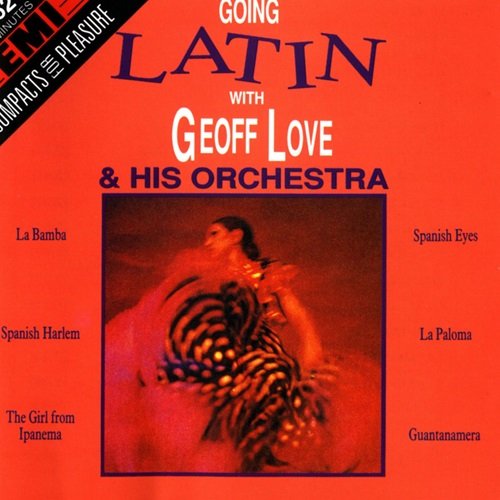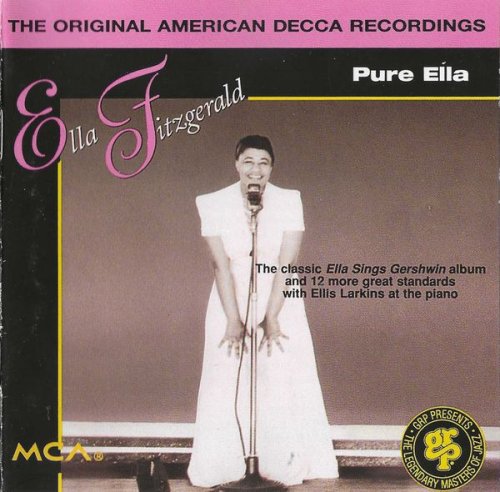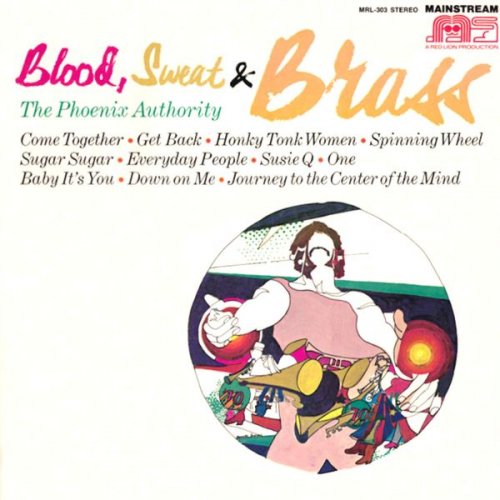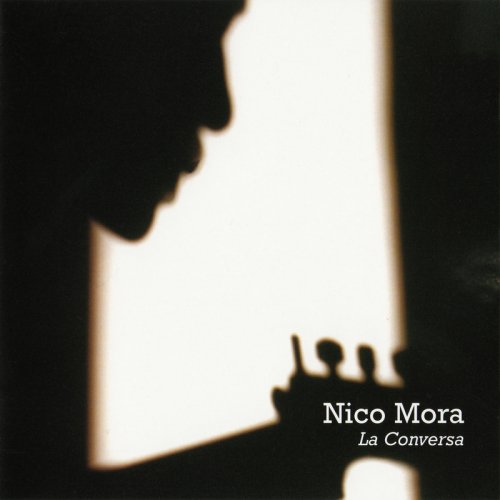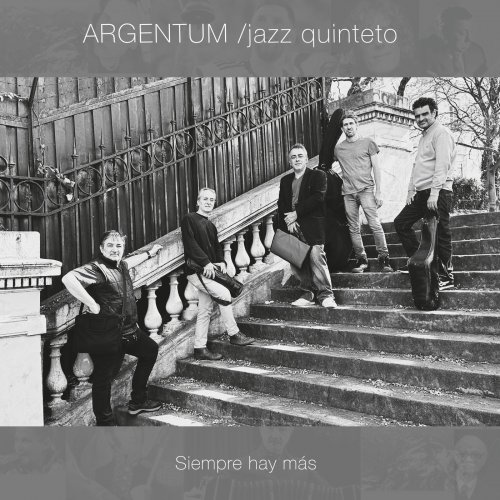Sam Boutris - Phases (2024) Hi-Res
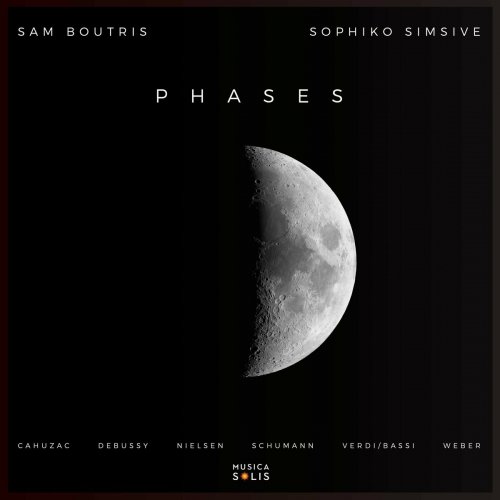
Artist: Sam Boutris, Sophiko Simsive
Title: Phases
Year Of Release: 2024
Label: Musica Solis
Genre: Classical
Quality: FLAC (tracks) / FLAC 24 Bit (44,1 KHz / tracks)
Total Time: 47:12 min
Total Size: 173 / 416 MB
WebSite: Album Preview
Tracklist:Title: Phases
Year Of Release: 2024
Label: Musica Solis
Genre: Classical
Quality: FLAC (tracks) / FLAC 24 Bit (44,1 KHz / tracks)
Total Time: 47:12 min
Total Size: 173 / 416 MB
WebSite: Album Preview
01. Cantilène
02. Three Romances, Op. 94: No. 1, Nicht schnell (Clarinet and Piano)
03. Three Romances, Op. 94: No. 2, Einfach, innig (Clarinet and Piano)
04. Three Romances, Op. 94: No. 3, Nicht schnell (Clarinet and Piano)
05. Fantasy on Themes from Verdi's "Rigoletto"
06. Suite Bergamasque, L. 75: III. Clair de Lune (Clarinet and Piano)
07. Fantasy Piece for Clarinet and Piano in G Minor
08. Andante e Rondo Ungarese, Op. 35 (Clarinet and Piano)
The new debut album from clarinetist Sam Boutris with pianist Sophiko Simsive, entitled Phases, is an eclectic mixture of mostly transcribed pieces from nineteenth-century composers.
It opens with a short Cantilene by Louis Cahuzac (1880-1960), who is today a not-so-well-known French clarinetist and composer. This is typically light, easy, and rather conservative music, clearly written for the pleasure of the Parisian public, and definitely a well-chosen opener. Mr. Boutris offers an excellent, soft, cultivated clarinet sound with ample dynamical range, maximum easiness in the highest register, and admirable virtuosity. He is distinctly at his ease in brilliant passages, delivering some breath-taking virtuosity fireworks. He is very well accompanied by Ms. Simsive, who manages to be perfectly present without being dynamically invasive.
The next piece is a transcription of Three Romances Op. 94 by Robert Schumann (1810-1856). The single parts are: “Nicht schnell,” “Einfach- innig,” and “Nicht schnell.” Despite the fact that the composer, in a letter to his editor Simrock, refused to transcribe this composition for clarinet, it has been used extensively in this form. It must be said that this music sounds fantastic with clarinet instead of violin or the original oboe. Written in December 1849 in Dresden, Germany, it was one of the last works of Schumann before his mental health problems fully exploded and brought him to a premature death.
Boutris plays this soft and mostly cantabile music with a pleasant nostalgia, good dynamic range, and generally elegant phrasing. It may be the score in which he shows most of his capacities.
It opens with a short Cantilene by Louis Cahuzac (1880-1960), who is today a not-so-well-known French clarinetist and composer. This is typically light, easy, and rather conservative music, clearly written for the pleasure of the Parisian public, and definitely a well-chosen opener. Mr. Boutris offers an excellent, soft, cultivated clarinet sound with ample dynamical range, maximum easiness in the highest register, and admirable virtuosity. He is distinctly at his ease in brilliant passages, delivering some breath-taking virtuosity fireworks. He is very well accompanied by Ms. Simsive, who manages to be perfectly present without being dynamically invasive.
The next piece is a transcription of Three Romances Op. 94 by Robert Schumann (1810-1856). The single parts are: “Nicht schnell,” “Einfach- innig,” and “Nicht schnell.” Despite the fact that the composer, in a letter to his editor Simrock, refused to transcribe this composition for clarinet, it has been used extensively in this form. It must be said that this music sounds fantastic with clarinet instead of violin or the original oboe. Written in December 1849 in Dresden, Germany, it was one of the last works of Schumann before his mental health problems fully exploded and brought him to a premature death.
Boutris plays this soft and mostly cantabile music with a pleasant nostalgia, good dynamic range, and generally elegant phrasing. It may be the score in which he shows most of his capacities.
![Elmer Bernstein - Movie and TV Themes (1962) [1987] Elmer Bernstein - Movie and TV Themes (1962) [1987]](https://www.dibpic.com/uploads/posts/2025-12/1766269303_folder.jpg)
